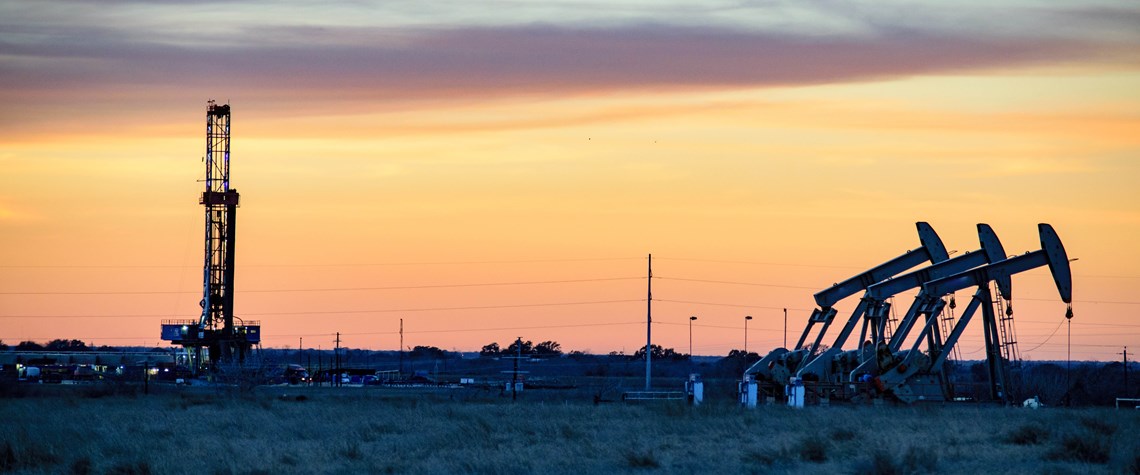DoE's Windberg: US shale to benefit from AI
Using artificial intelligence to analyse what is happening subsurface could have a huge impact on fracking's productivity
While no one would question the phenomenal success of US shale in terms of volume, making the country the world’s biggest producer, it has not been a great year for producers. Suffering under a relatively low oil price, rig counts have been falling for some time, and some suggest it has been a net consumer of capital since it exploded on the scene. “What the shale revolution has done—and is not clearly understood—is that the cycle times are much shorter now,” US assistant secretary for fossil energy Steven Winberg tells Petroleum Economist, noting that 40 years ago it took three to five years to put a platform in the Gulf of Mexico and start producing. “Now, a year is probably reasonable for

Also in this section
18 February 2026
With Texas LNG approaching financial close, Alaska LNG advancing towards a phased buildout and Magnolia LNG positioned for future optionality, Glenfarne CEO Brendan Duval says the coming year will demonstrate how the company’s more focused, owner-operator approach is reshaping LNG infrastructure development in the North America
18 February 2026
The global gas industry is no longer on the backfoot, hesitantly justifying the value of its product, but has greater confidence in gas remaining a core part of the global energy mix for decades
18 February 2026
With marketable supply unlikely to grow significantly and limited scope for pipeline imports, Brazil is expected to continue relying on LNG to cover supply shortfalls, Ieda Gomes, senior adviser of Brazilian thinktank FGV Energia,
tells Petroleum Economist
17 February 2026
The 25th WPC Energy Congress, taking place in Riyadh, Saudi Arabia from 26–30 April 2026, will bring together leaders from the political, industrial, financial and technology sectors under the unifying theme “Pathways to an Energy Future for All”







